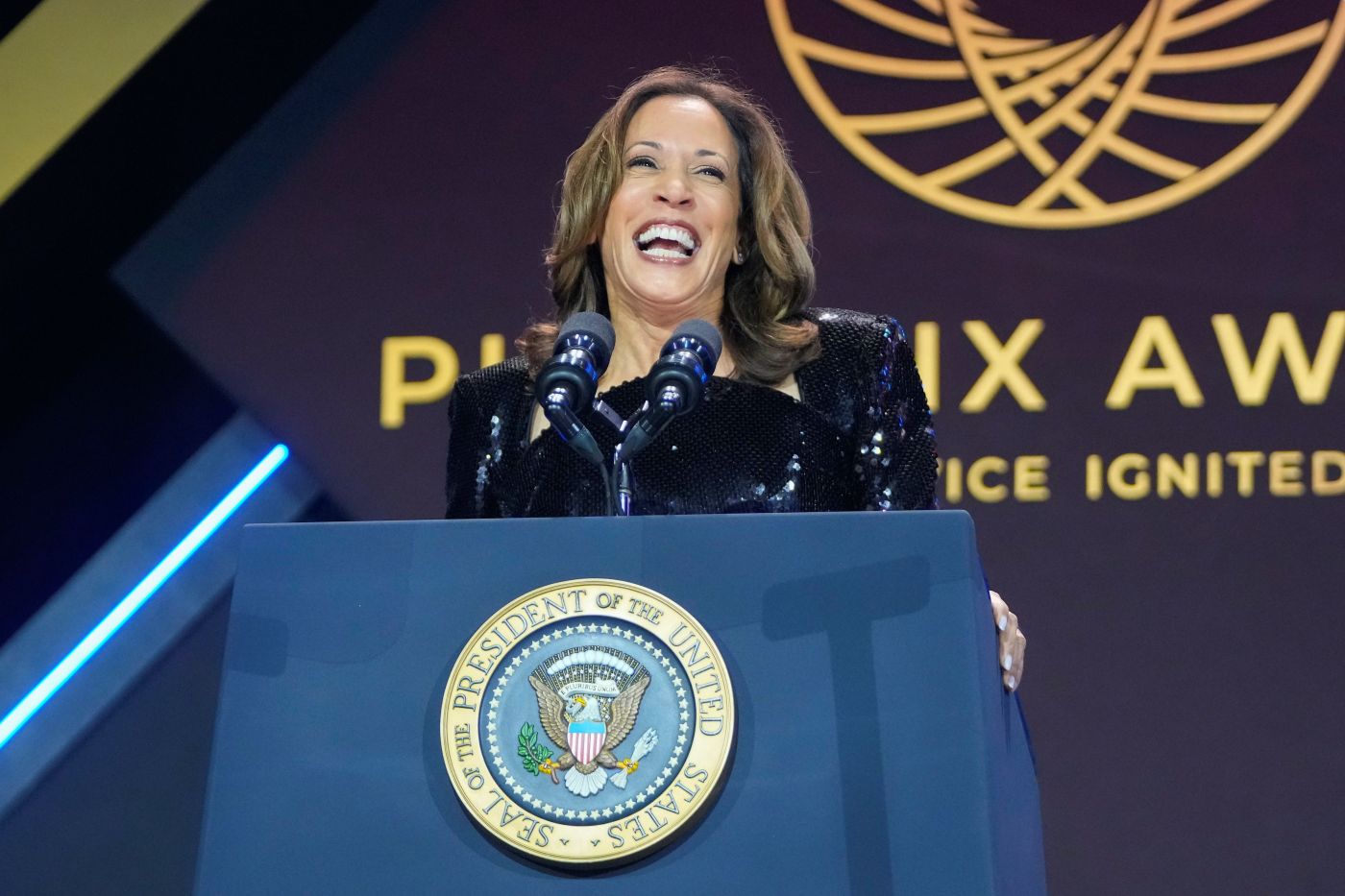
Stumo: Will Harris support ‘Made in America?’
President Biden has been a harsh critic of former president Donald Trump. Despite their differences, Biden has primarily continued the trade and industrial policies set during the Trump administration.
Biden has maintained Trump’s “China tariffs” and added strong Buy America requirements to his signature legislation, the Inflation Reduction Act. This is wise policy and good politics since voters hold an overwhelmingly negative view of China. However, these tariff and tax incentives also help create good jobs nationwide. So the question is — would Kamala Harris continue Biden’s policies?
As a senator, Harris voted against a renegotiated NAFTA (known as “USMCA”) because it contained “insufficient” environmental provisions. She also opposed the Trans-Pacific Partnership because it didn’t “raise environmental standards.” There’s little else in her record to determine her views on global trade.
U.S.-China relations will be a critical issue in the next administration. The United States has already lost 3.8 million jobs to China since 2000. And Beijing continues illegally trans-shipping exports to avoid U.S. tariffs.
China isn’t the only country looking to game the global trading system. Mexico is dumping steel in the U.S. market, violating a 2019 agreement. It is also welcoming scores of new Chinese factories just south of the U.S. border — helping Chinese firms evade U.S. tariffs.
These are among the many critical issues affecting American workers that the next president must confront. For example, the USMCA is due to be revisited in 2026. However, America’s trade deficit with Mexico keeps climbing yearly. With China eagerly exploiting the USMCA to build Mexican factories, the trade deal must be strengthened to protect America’s manufacturers.
There’s also global competition for solar panels, electric vehicles and batteries. In May, the administration raised the tariff on Chinese EVs to 100%. The president explained that this will “protect American manufacturers from China’s unfair trade practices.” The administration has also increased tariffs on steel, aluminum, semiconductors, EV batteries and solar cells. There’s now bipartisan support for it in Congress — particularly regarding advanced industries such as solar panels.
Unfortunately, the administration halted tariffs on imported solar panels in 2022 — even though Chinese solar manufacturers illegally route solar panels through Cambodia, Malaysia, Thailand and Vietnam. As a result, China is flooding the U.S. solar market — and putting America’s solar manufacturers at risk.
A Coalition for a Prosperous America study found that recent tariffs have strengthened the U.S. economy and “led to significant reshoring in certain industries.” Similarly, a U.S. International Trade Commission report noted that tariffs have reduced imports from China and effectively stimulated U.S. production without affecting consumer prices.
To craft a pro-America trade and economic agenda, Harris should pledge to increase overall tariffs and use tax credits more broadly to grow critical production.
Michael Stumo is the CEO of the Coalition for a Prosperous America/InsideSources

